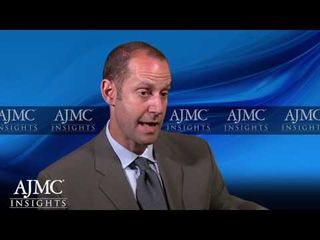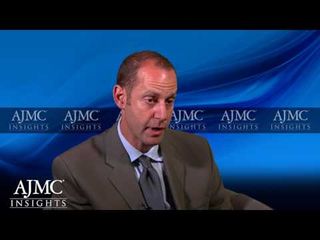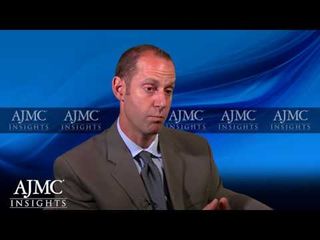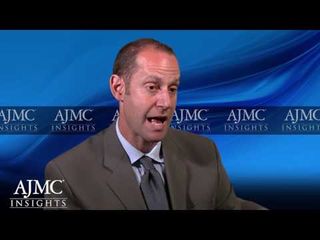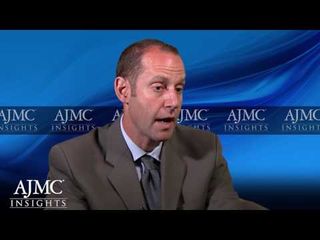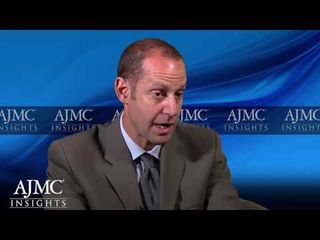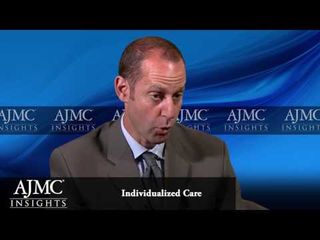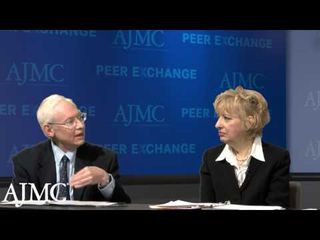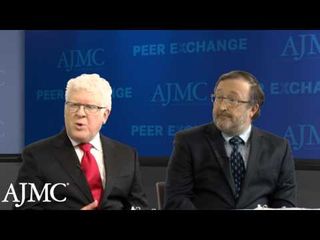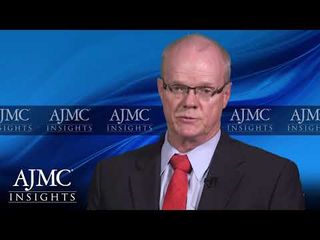
Insurance
Latest News
Latest Videos

CME Content
More News

A new study from Milliman investigated the potential financial impact if H.R.3, the Elijah E. Cummings Lower Drug Costs Now Act, was fully implemented.

United States to buy and donate 500 million COVID-19 vaccine doses to the world; an FDA advisor resigns over a controversial Alzheimer drug approval; Nevada becomes the second state to offer state-managed health insurance plans.

In this episode of Managed Care Cast, we speak with a coauthor of an article in June’s Health Affairs examining the racial and ethnic composition of beneficiaries in Medicare Advantage plans and the potential implications as the program continues to grow.

As the cost of therapies increases, US health plans are utilizing tools like step therapy, to ensure patients try cheaper alternatives first, and value assessment frameworks, to assist with the decision-making process.

Results of a qualitative study outline widely held cost considerations regarding diabetes technology in the type 1 diabetes (T1D) community.

When patients had the option of using prescription digital therapeutics, their insurers and employers saved significant money in both direct and indirect medical costs, the 2 studies found.

Although most Medicare Part D plans cover guideline-recommended outpatient chronic obstructive pulmonary disease (COPD) inhalers, the utilization controls applied to these therapies vary by plan type.

Dupilumab is effective for atopic dermatitis, asthma, and chronic rhinosinusitis with nasal polyps, but a recent presentation noted the payer challenge in placing the biologic in an optimal tier.

William Shrank, MD, MSHS, the chief medical officer of Humana, discusses how the company is trying to overcome any vaccine hesitancy both in its workforce and in its insured member population.

A survey by West Health and Gallup found that Black workers and those making less than $48,000 in the United States were more likely to stay in unwanted jobs out of fear of losing their health benefits.

At a session at the National Association of Managed Care Physicians Virtual Spring Managed Care Forum, an Aetna executive discussed how one employer used the payer's data to see how its workforce was affected by social determinants of health (SDOH).

For Alberta and Green Shield Canada, savings are beginning to add up from switching initiatives for multiple reference biologics.

On this episode of Managed Care Cast, we speak with the chief strategy officer for Well Being Trust, one of the authors of a recent report about how well health insurers and state Medicaid programs are covering mental health care for children and compliance with federal law. We discuss the unique challenges that youth face, the health disparities, racism, and community trauma that has been experienced in the past year, and some creative ways that organizations and communities can consider increase access to mental health supports.

Given that some patients may need to travel out of state to access CAR T sites of care, some may not have a clear understanding of their insurance benefits, including requirements for out-of-state or out-of-network treatment, as well as adequate assistance with the costs of medical-related travel.

A poster at the Academy of Managed Care Pharmacy 2021 meeting examined the impact of high-deductible health plans (HDHPs) on access to health care and resource use in the United States and the interaction of race, ethnicity, and income.

The bipartisan bill spells out 5 step therapy exemptions for patients by amending the Employee Retirement Income Security Act of 1974.

As the first quarter of 2021 ends, patients choosing to keep using secukinumab may be offered an inducement to switch to another biologic, ixekizumab.

Pharmacists from the Cleveland Clinic discuss the impact of payer dispensing requirements, known as white bagging and brown bagging, on oncology practices and on patients.

The study examined the cost to Medicare when patients with end-stage renal disease switched from their employer-based health insurance to Medicare between 2007 and 2017 before the end of the 30-month coordination period.

A desire to remove barriers to high-value care and provide services that would improve health and quality of life drove early adopters of value-based insurance design (VBID).

After Medicare Part D plans stopped covering a chronic obstructive pulmonary disease (COPD) therapy, patients had gaps in care and increased out-of-pocket costs, according to a recent study.
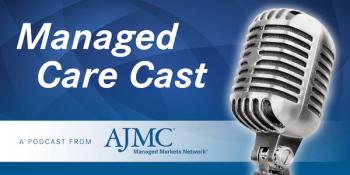
On this episode of Managed Care Cast, we speak with the chief medical officer for Virginia’s Medicaid program about 4 ways payers can make sure that those with opioid use disorder get the treatment they need; the strategies are outlined in the March issue of The American Journal of Managed Care.

A panel of policy experts, including employees of the previous 2 administrations and a former lobbyist for health plans, discusses achievements of value-based insurance design and how to take the concept to the next level.

During a session presented at the America’s Health Insurance Plans (AHIP) National Health Policy Conference, Michael Chernew, PhD, the director of Healthcare Markets and Regulation Lab at Harvard Medical School, and Mark McClellan, MD, PhD, founding director at Duke Margolis Center for Health Policy, discussed the potential for Medicare innovation and reforms in 2021 and beyond.

The $1.9 trillion spending package aimed at providing COVID-19 relief for those with low and middle incomes also represents the biggest investment in the exchange marketplaces created by the Affordable Care Act (ACA) since the landmark law was passed 11 years ago.


